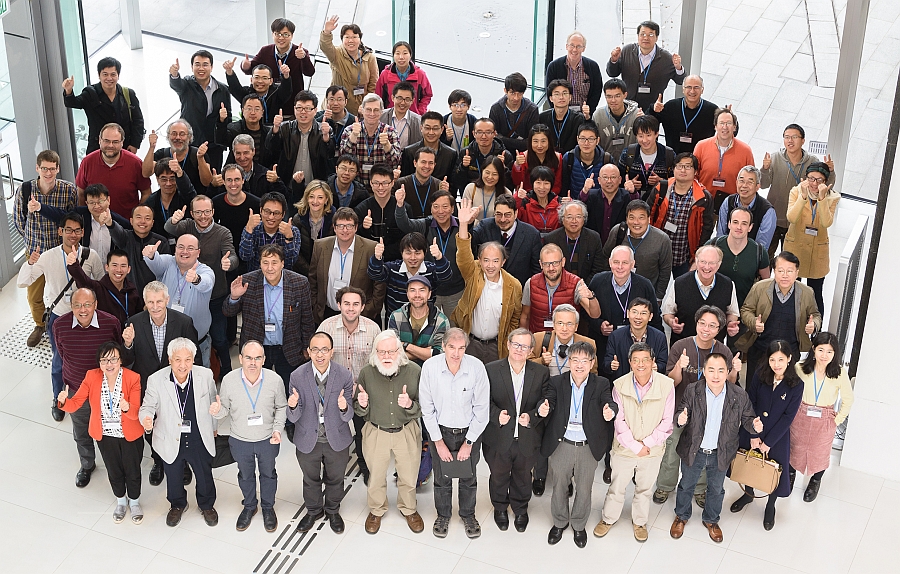High Energy Physics (2018)
Overview
Program: 8-26 January 2018
Conference: 22-25 January 2018
After the discovery of the Higgs boson, the main objectives of high-energy physics are the precise measurement of Higgs properties and searches for new physics. These objectives strongly motivate the construction of an e+e- Higgs factory and a new pp collider with energy significantly higher than that of the Large Hadron Collider (LHC).
The Higgs boson plays a crucial role in explaining spontaneous electroweak symmetry breaking and the mass generation of the known fundamental particles. It is thus important to measure precisely the Higgs-gauge couplings, the Higgs-Yukawa couplings and the Higgs self-couplings. A future Higgs factory would achieve such a goal significantly better than the LHC can. Such precise measurements can also help unveil new physics that alters the Higgs properties.
There are good reasons to expect that new physics should emerge at the TeV scale or above. A higher energy pp collider will be crucial for exploring new physics and the properties of any to-be-discovered particles at the LHC.
This HEP program in Hong Kong started in 2015. The objective of this program is to bring theorists, experimentalists and accelerator physicists together, and to facilitate stimulating discussion among participants. Issues on the physics, detectors and colliders with an emphasis on the future of high energy physics will be addressed. Discussion sessions regarding topical interests, such as gravitational waves, unexpected progress at LHC made before the program, as well as their implications for future research may be organized. As part of the program, a four-day conference will be held during 22-25 January 2018. We also hope to release some white papers for the particle physics community documenting the physics goals, options of future colliders, and the reach of the related experiments.



